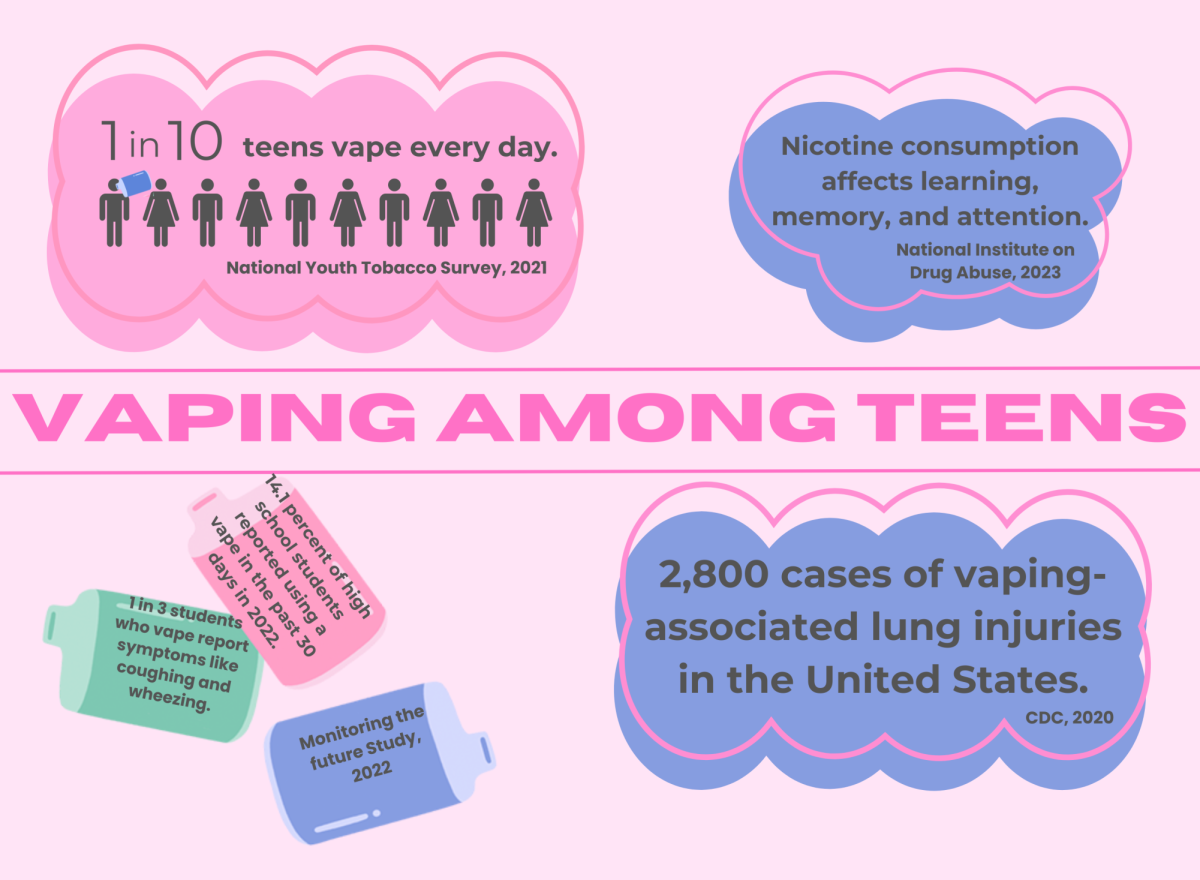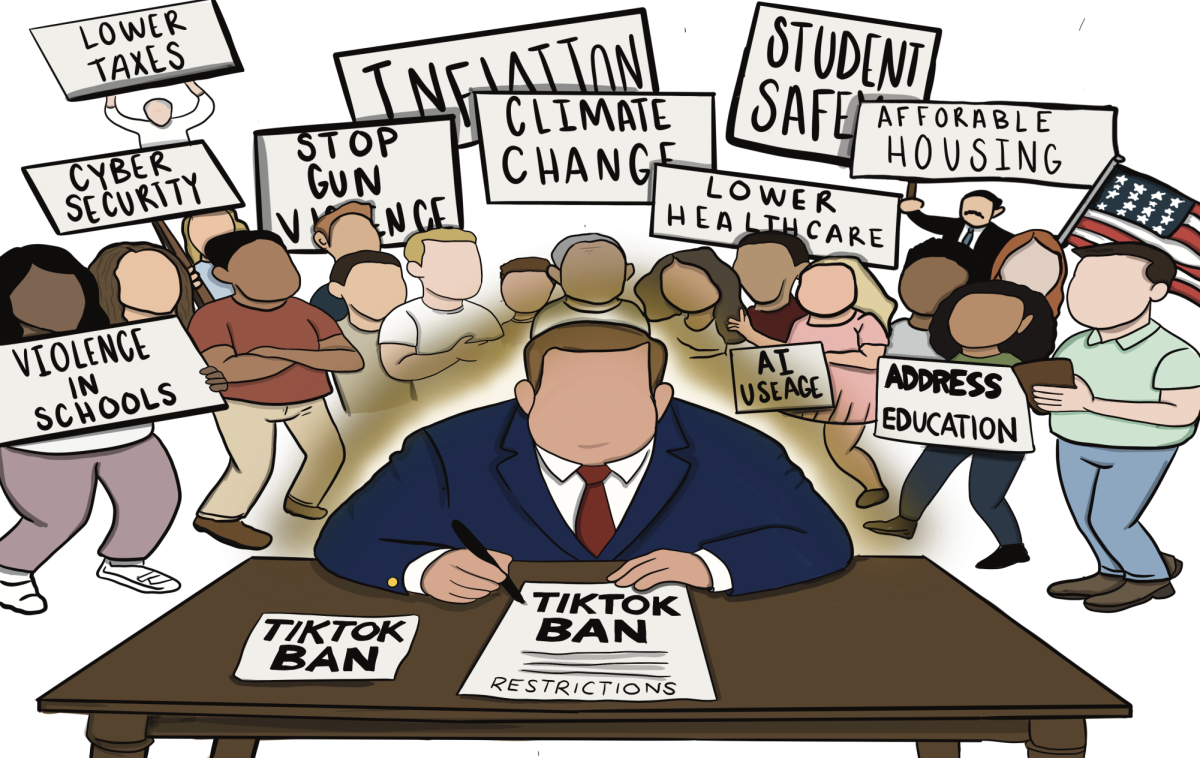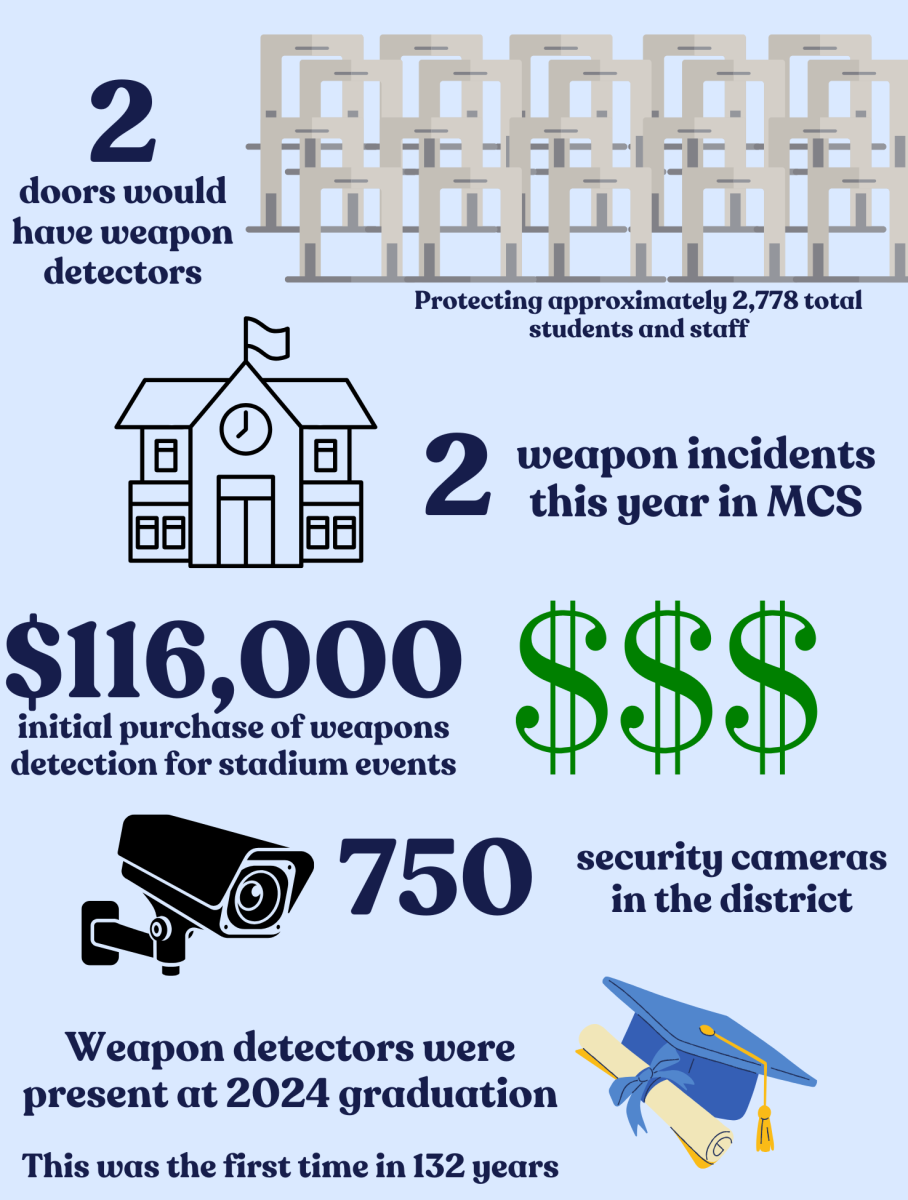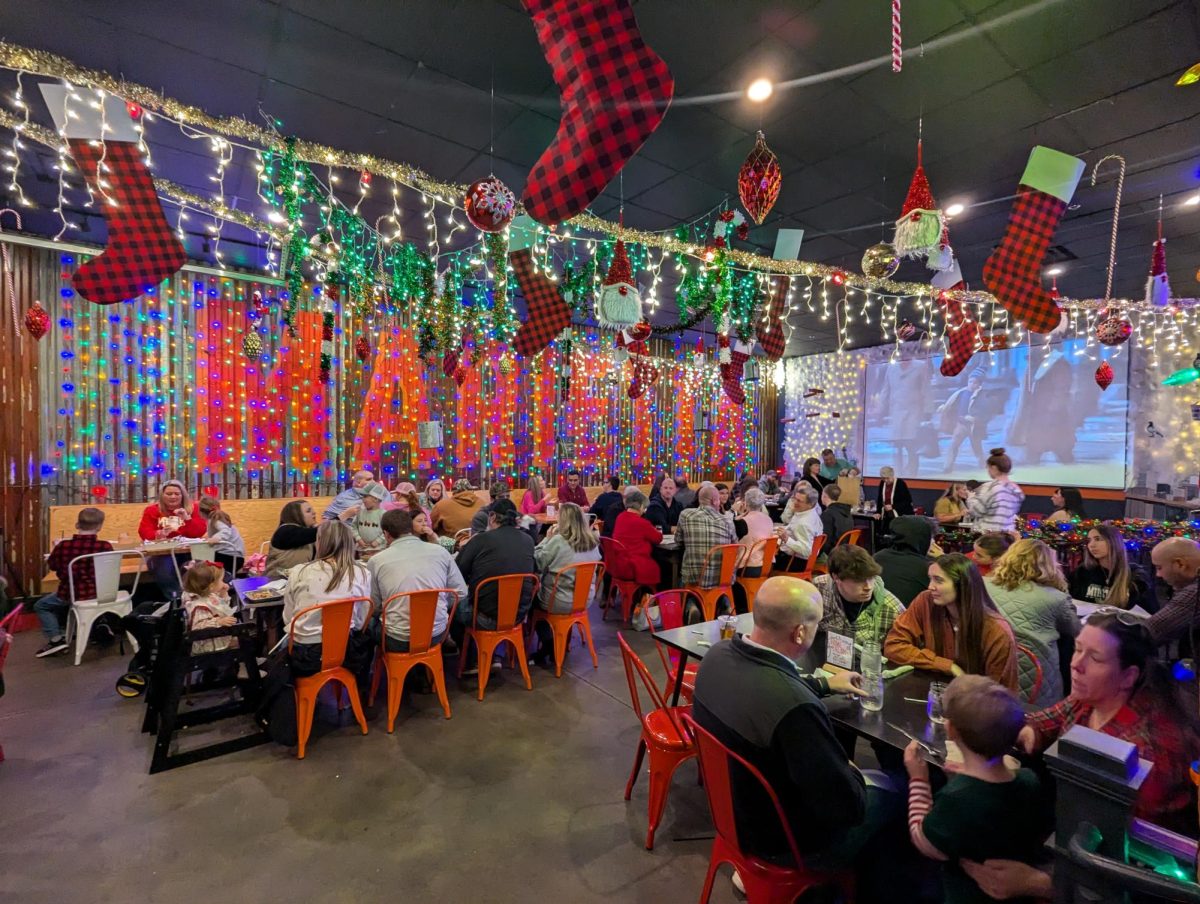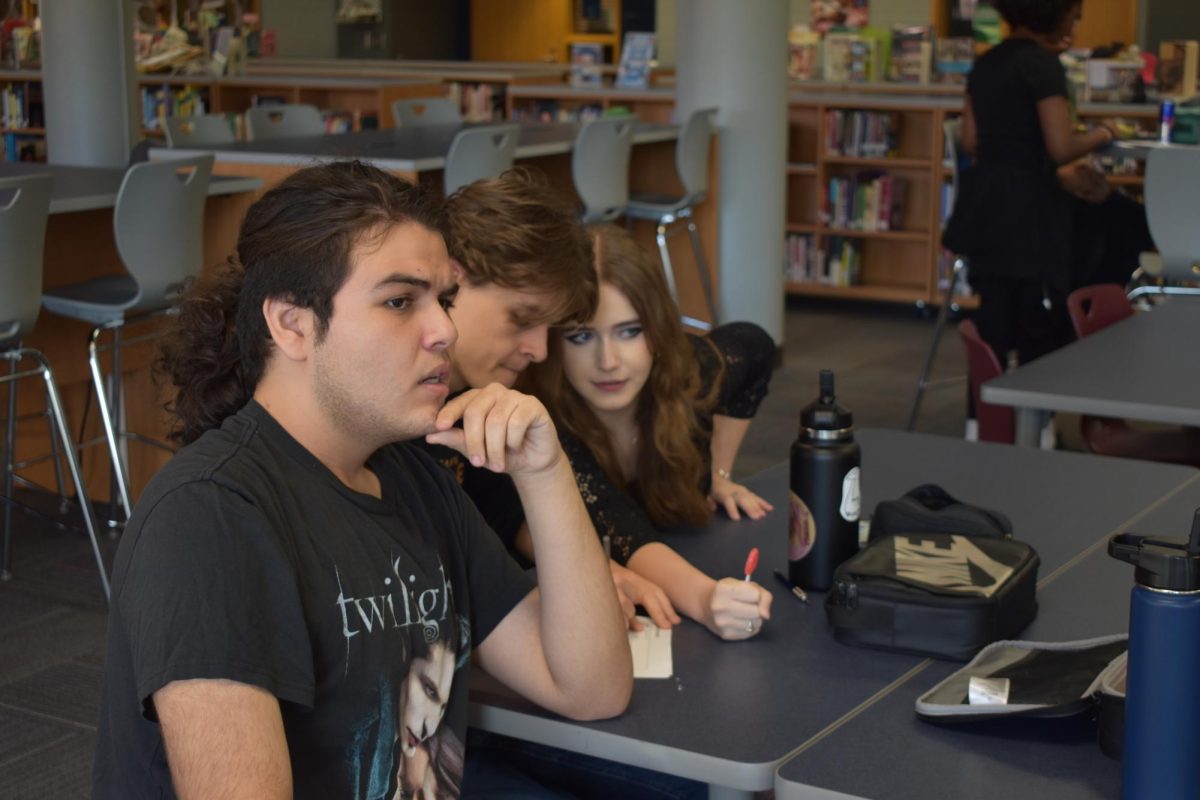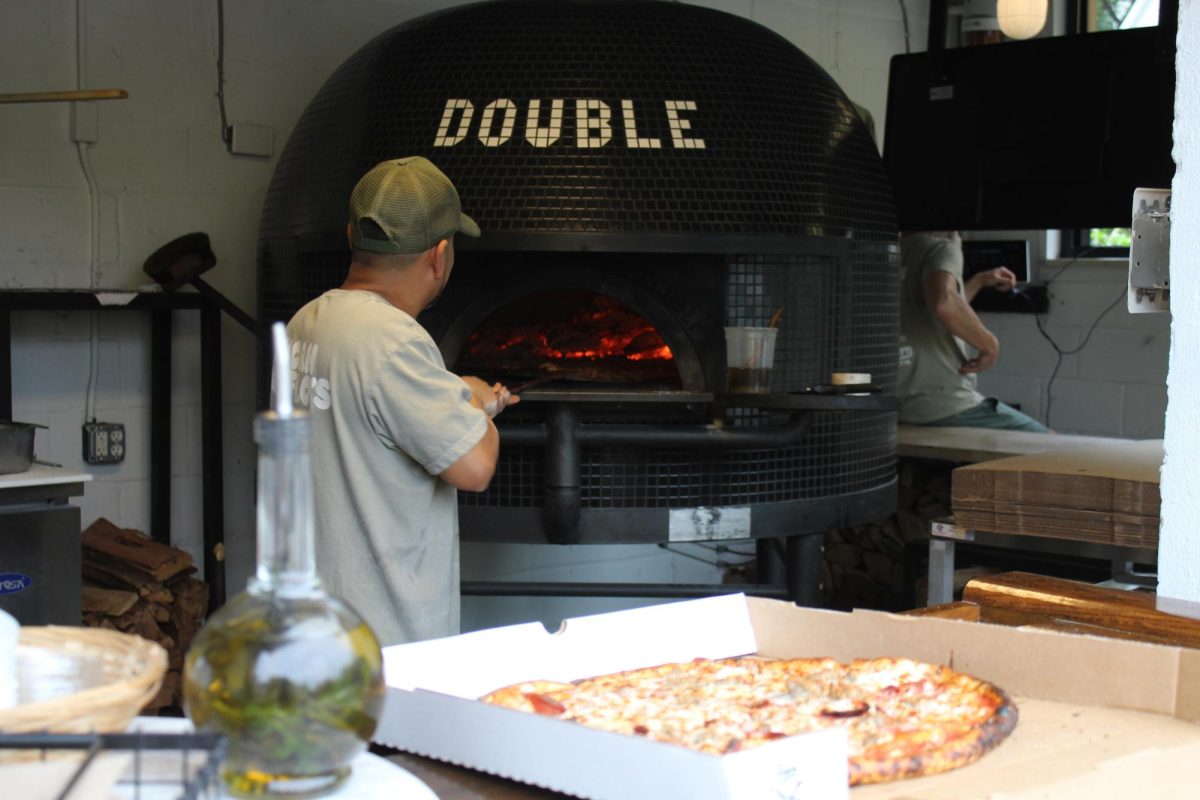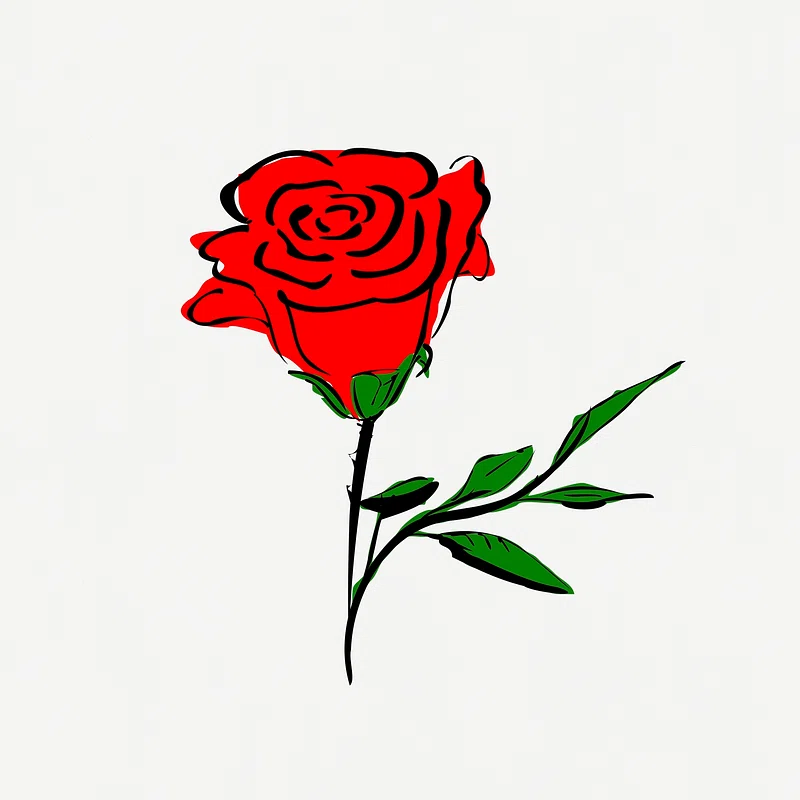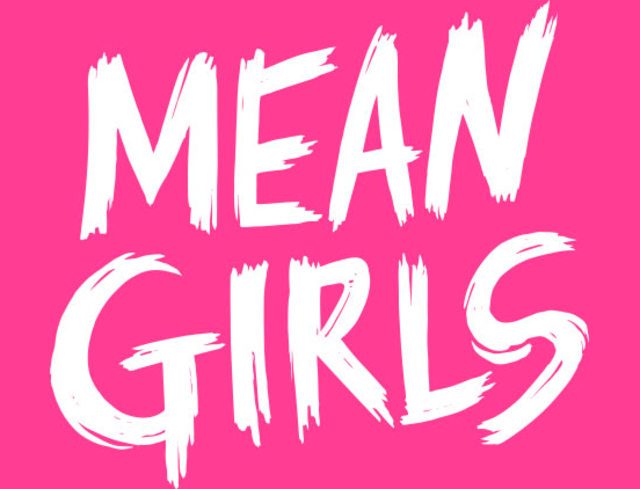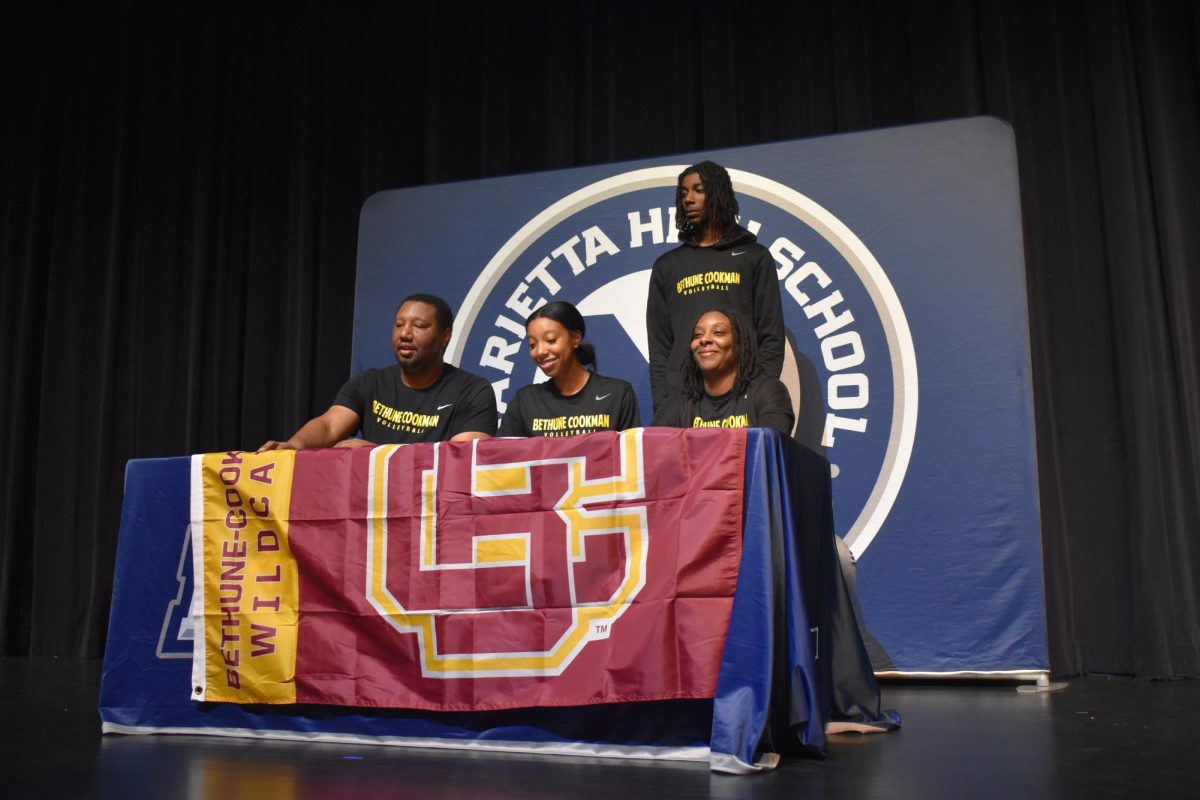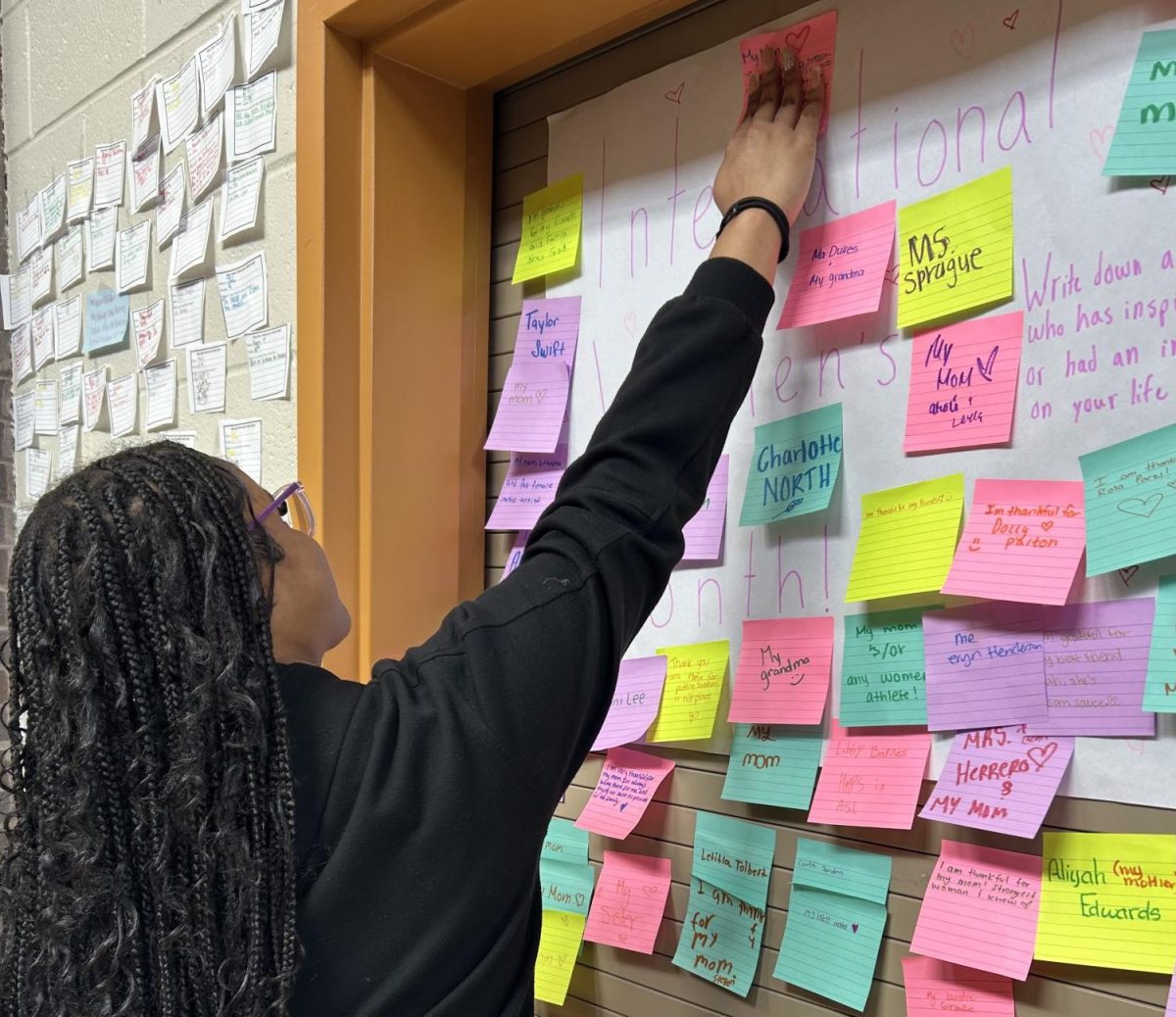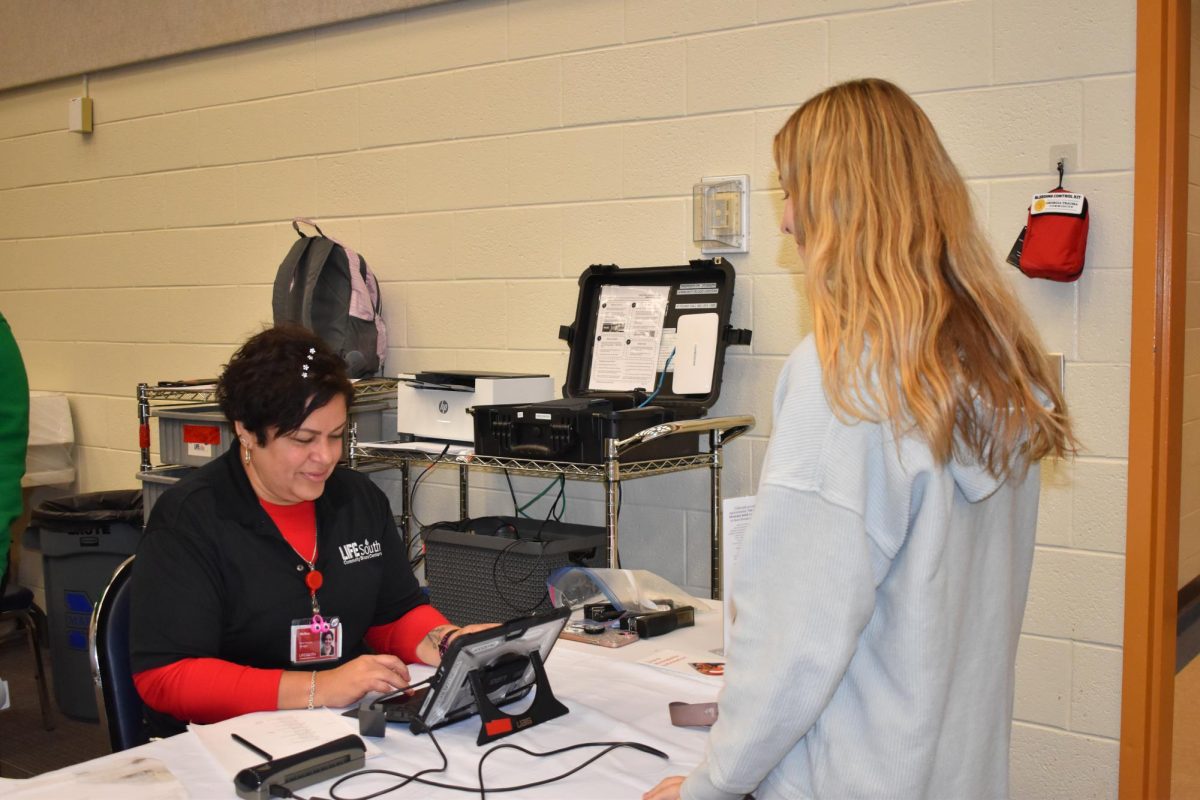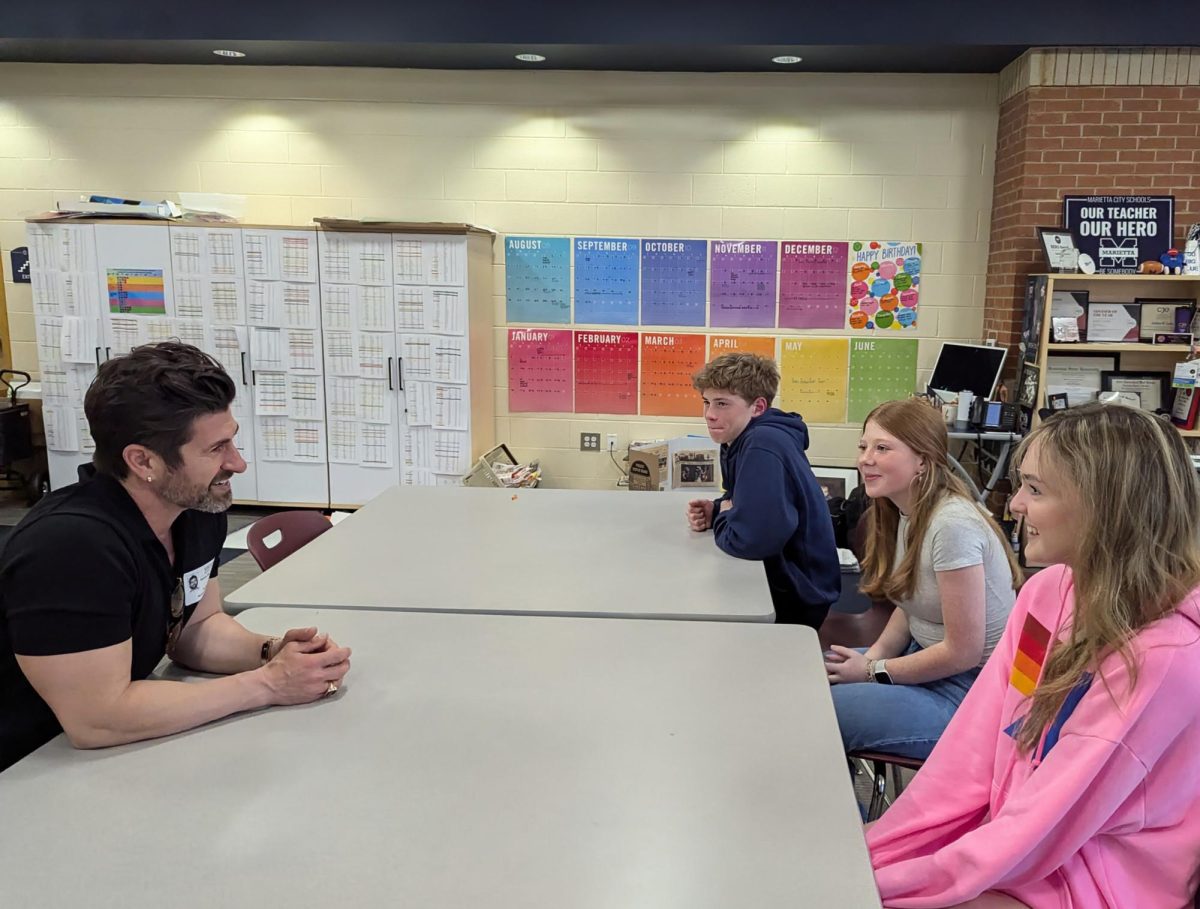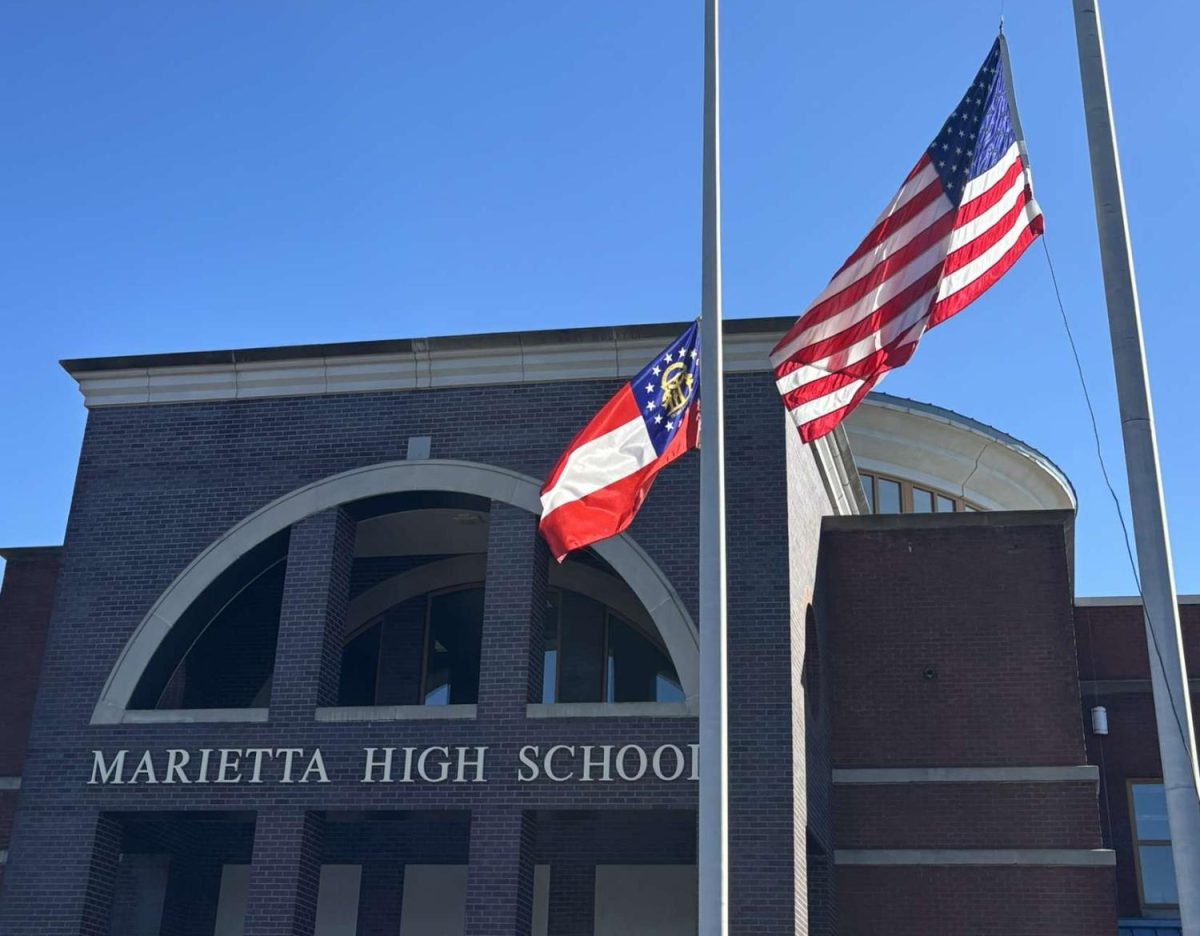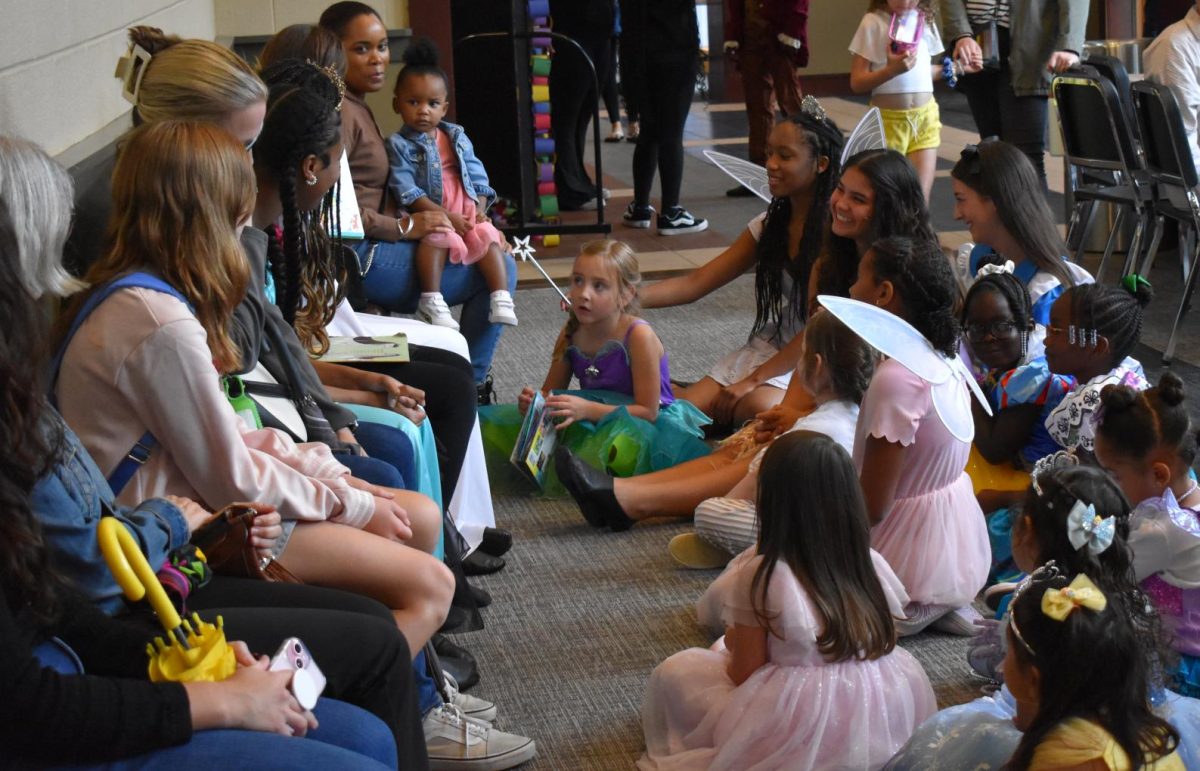Religious and political views have become defining factors in morals among individuals in society. However, the more we see the line between the two blur, the more divisive our country becomes. Both aim to organize communities and bring people together; however, when the two combine, it seems as if it’s just tearing people apart.
Religion is supposed to be a place where everyone can feel comfortable with whatever God or Savior they choose to worship. Politics has people competing over two polar opposite beliefs and how those ideals could best benefit our country. When both are put against each other, something that is supposed to serve as a sanctuary turns into a competition between who’s right and who’s wrong.
Religion has been a foundation of our country since it was colonized. Since its inception in Ancient Rome, politics has been a driving force behind the evolution of democracy, shaping societies and governance structures across centuries. From the early Roman Republic to modern democratic systems, the political landscape has consistently been placed in the front as a representation for public life, influencing decision-making, power distribution, and civic engagement.
Both are created to bring people closer together and have a sense of togetherness. However, they are different and create a split between who focuses on whether people follow the leader or stand strong in their beliefs. This eventually leads to ultimatums no one can choose between. Religion, rooted in personal belief and moral absolutes, often creates an emotional sanctuary for people. On the other hand, politics is the art of compromise, negotiation, and governance in the public sphere.
In many societies, those who live in poverty and discomfort, when they can barely provide for their families, they use religion as a sense of hope and faith. They view this as just a way to get by, a way to find happiness in an unfortunate circumstance. Political movements may capitalize on these sentiments, presenting themselves as defenders of traditional values or faith against perceived threats. This can create alliances between religion and politics based on economic insecurities, which, when left unaddressed, can heighten tensions and division.
Addressing these divides requires promoting dialogue and understanding, encouraging religious and political leaders to seek common ground, and ensuring that the media represents diverse perspectives fairly.


